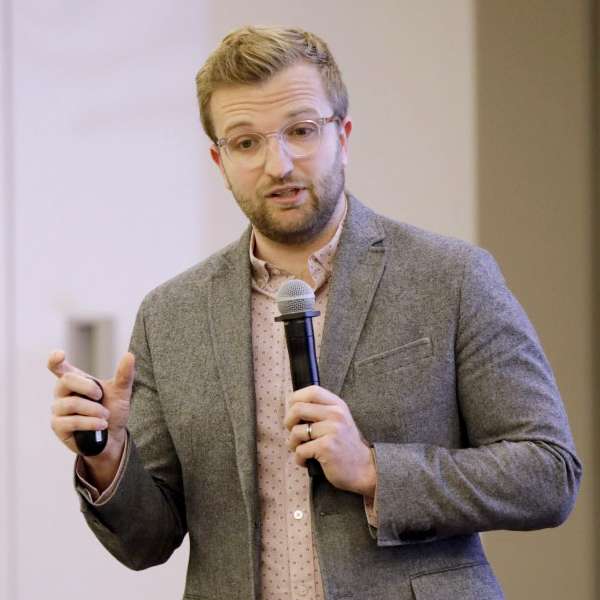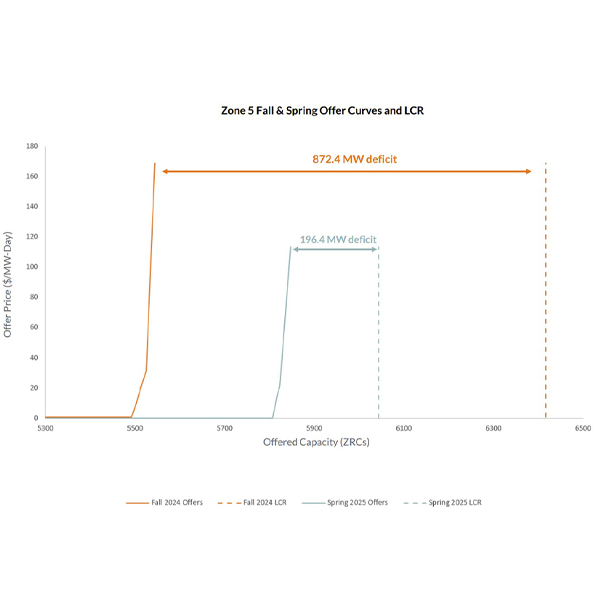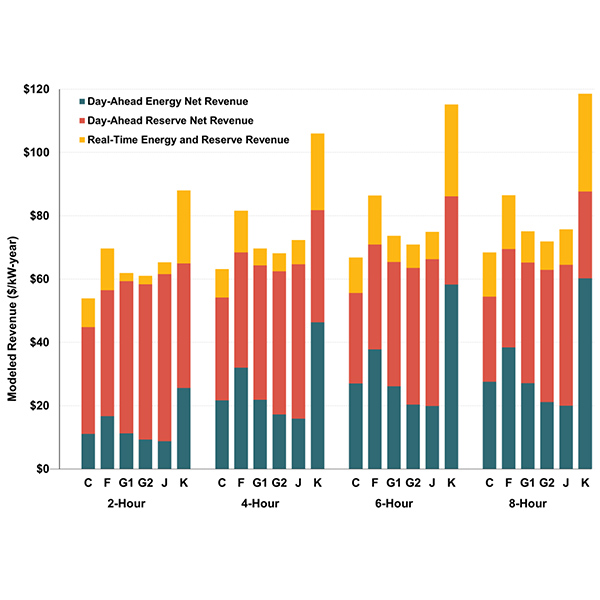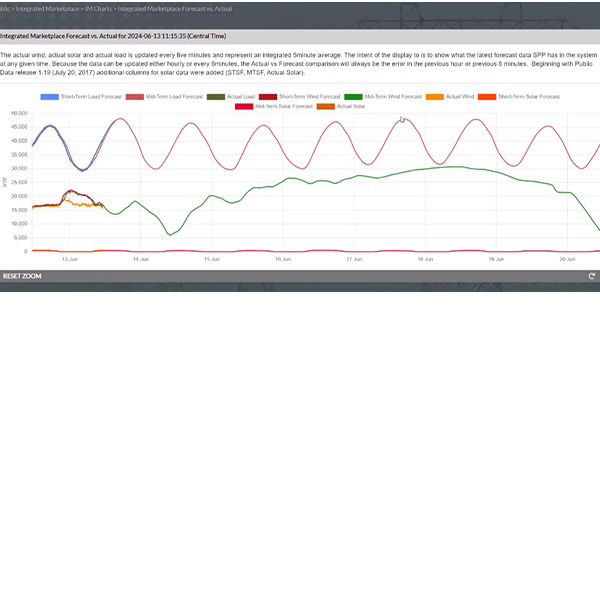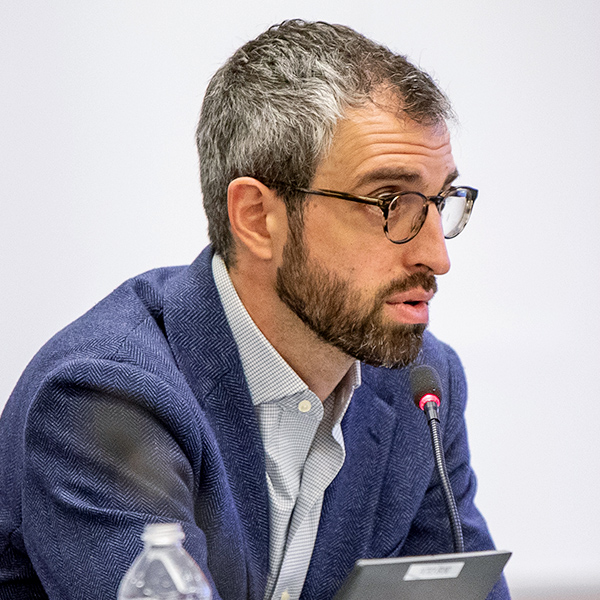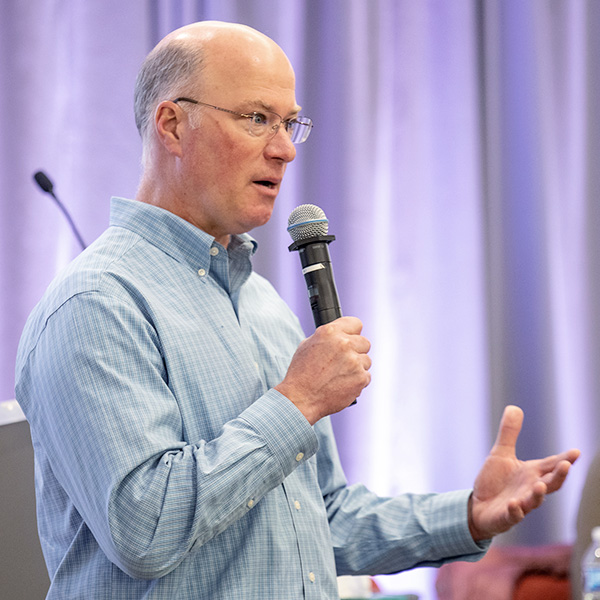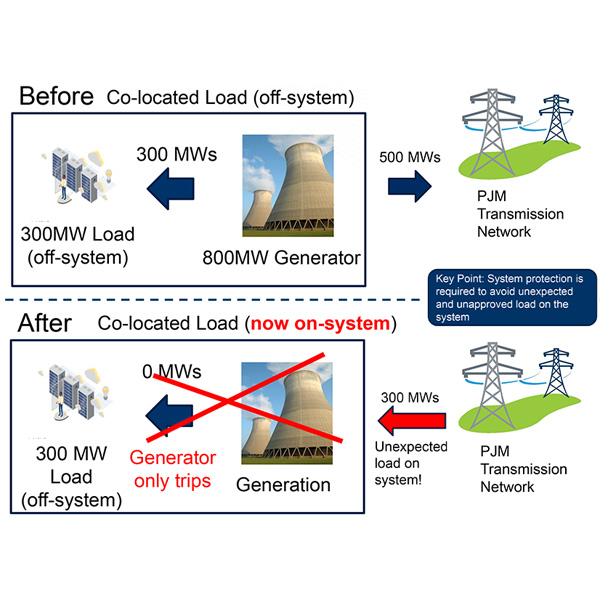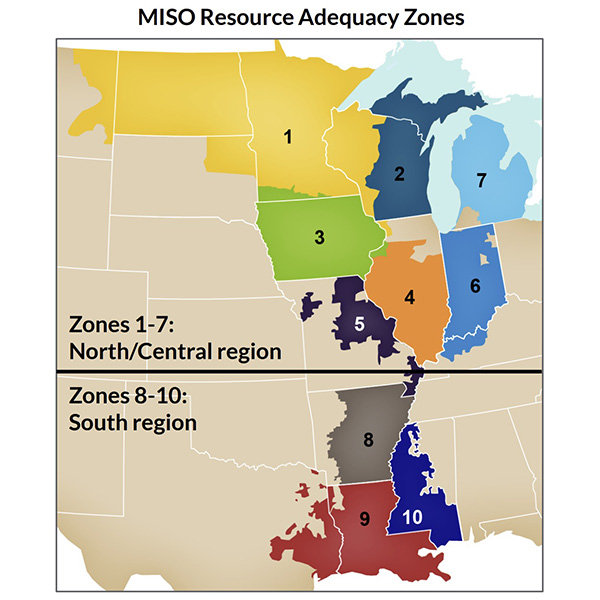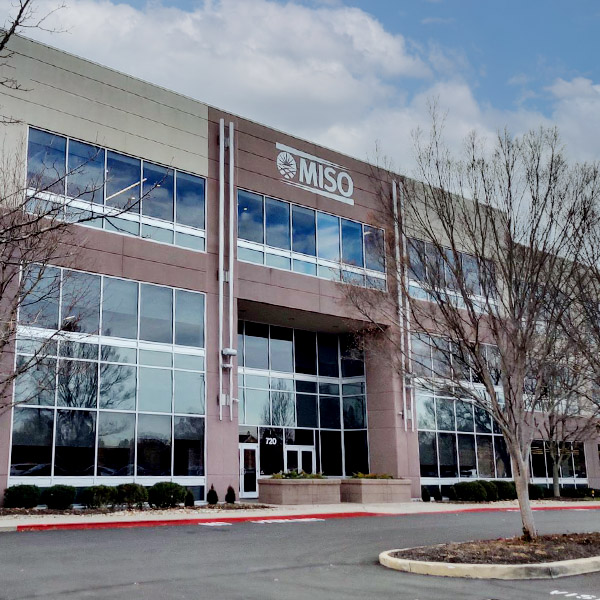cost of new entry (CONE)
PJM’s Market Implementation Committee endorsed by acclamation a proposal to revise two financial inputs to the quadrennial review to reflect changing market conditions, particularly increased interest rates.
As it gears up to run its first auctions using sloped demand curves, MISO said prices and procurement would have risen had it used them in this year’s auctions.
NYISO stakeholders are divided over consultants’ proposal to use a two-hour battery as the peaking plant in the ISO’s capacity market demand curve, as part of its quadrennial demand curve reset for 2025-2029.
After two requests for more information and nine months, FERC has greenlit MISO’s plan to exchange its current, vertical curve for sloped demand curves in its seasonal capacity auctions.
SPP’s REAL Team approved base planning reserve margins and a sufficiency valuation curve, codifying months of work.
PJM’s Market Implementation Committee endorsed by acclamation a proposal to add two energy market parameters for economic demand response.
The PJM Market Implementation Committee endorsed by acclamation a rewrite of Manual 18 to implement market redesigns drafted through the critical issue fast path process.
The PJM Markets and Reliability Committee delayed voting on a proposal to establish a multi-scenario long-term transmission planning process to allow stakeholders to see what action FERC may take on regional planning.
MISO said its second seasonal capacity auction returned sufficient capacity in all zones except a portion of Missouri, where prices soared to more than $700/MW-day in fall and spring.
FERC once again said it needs more information on clearing price caps before MISO can proceed with sloped demand curves in its capacity auctions.
Want more? Advanced Search
